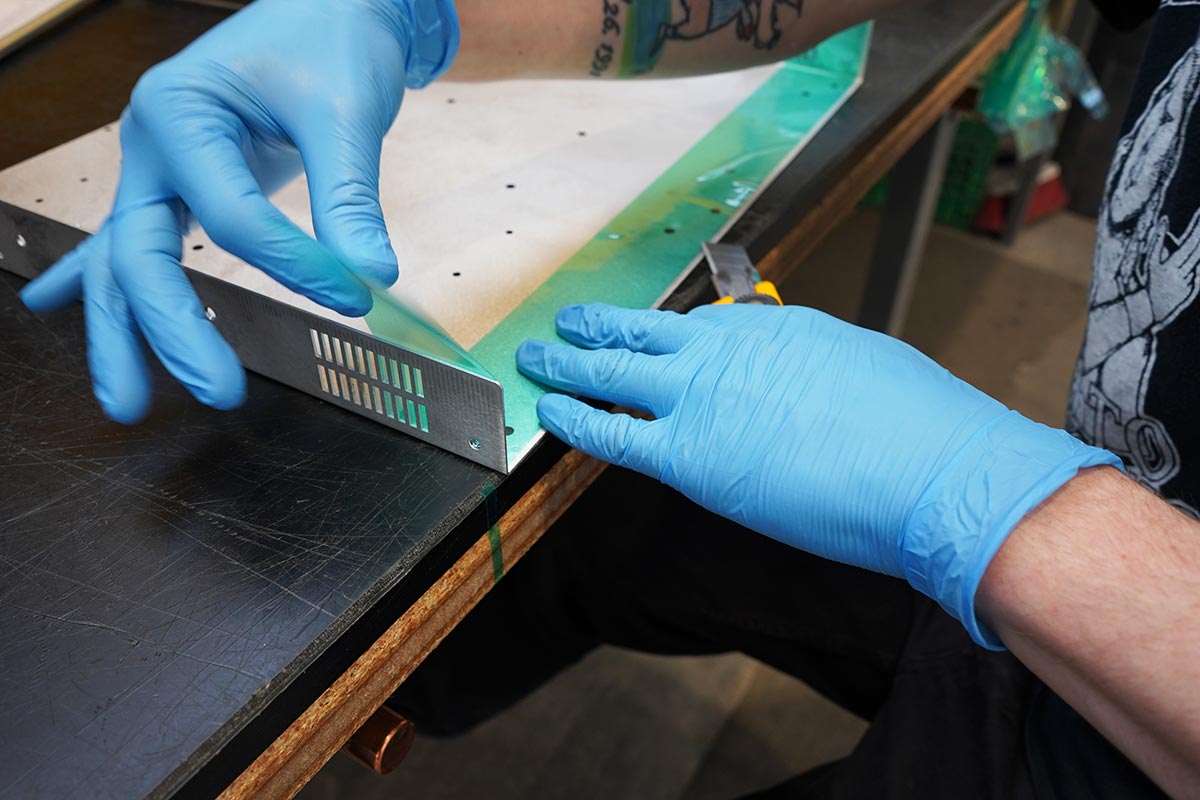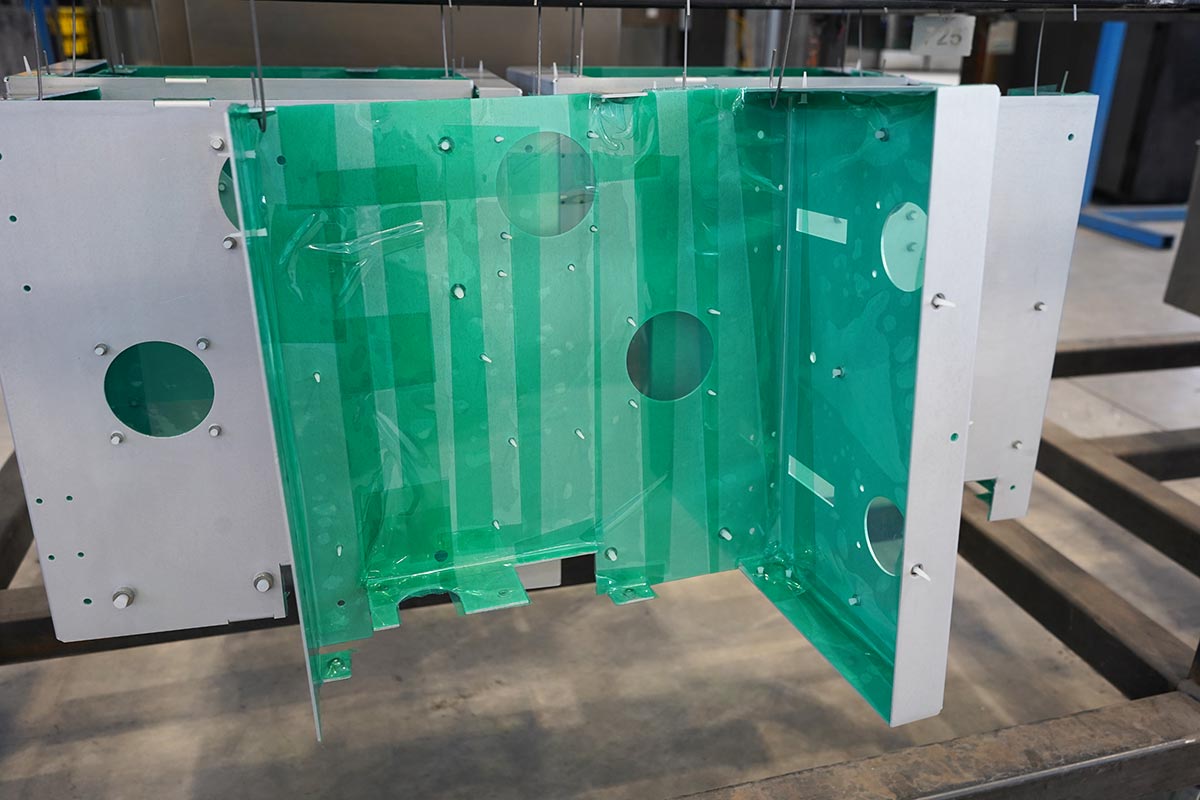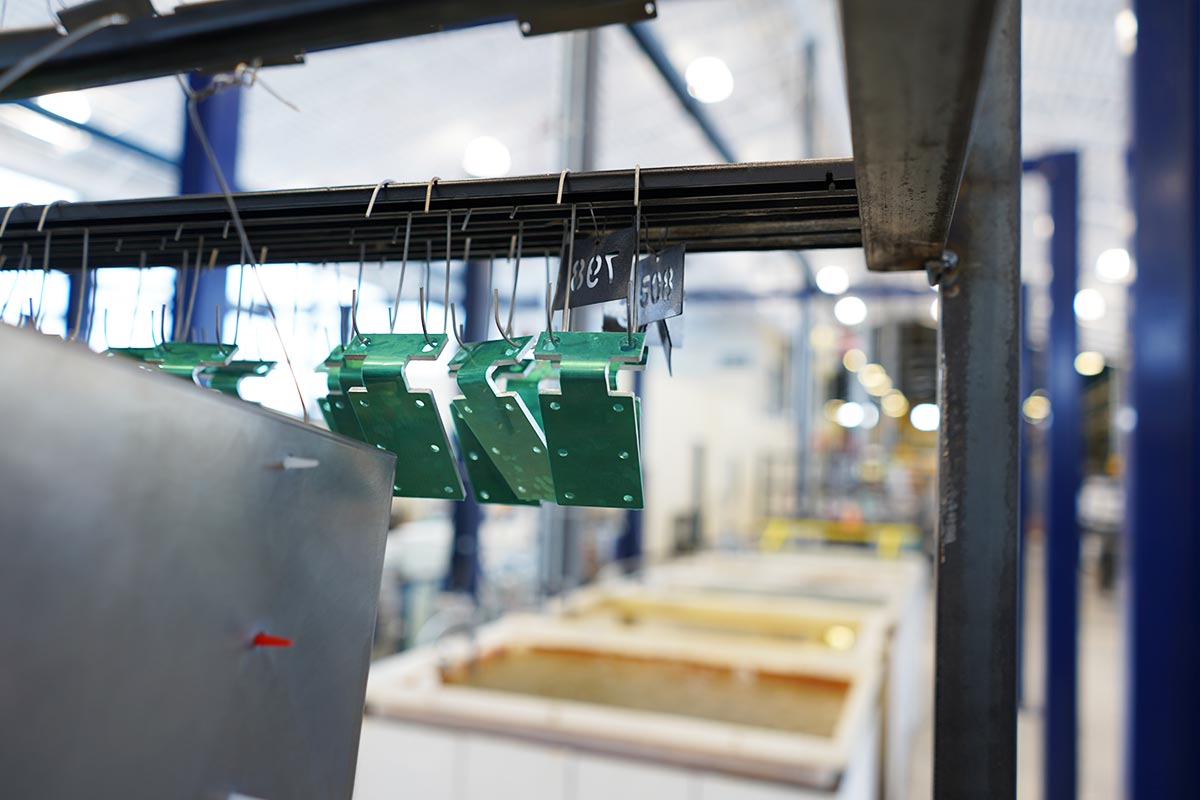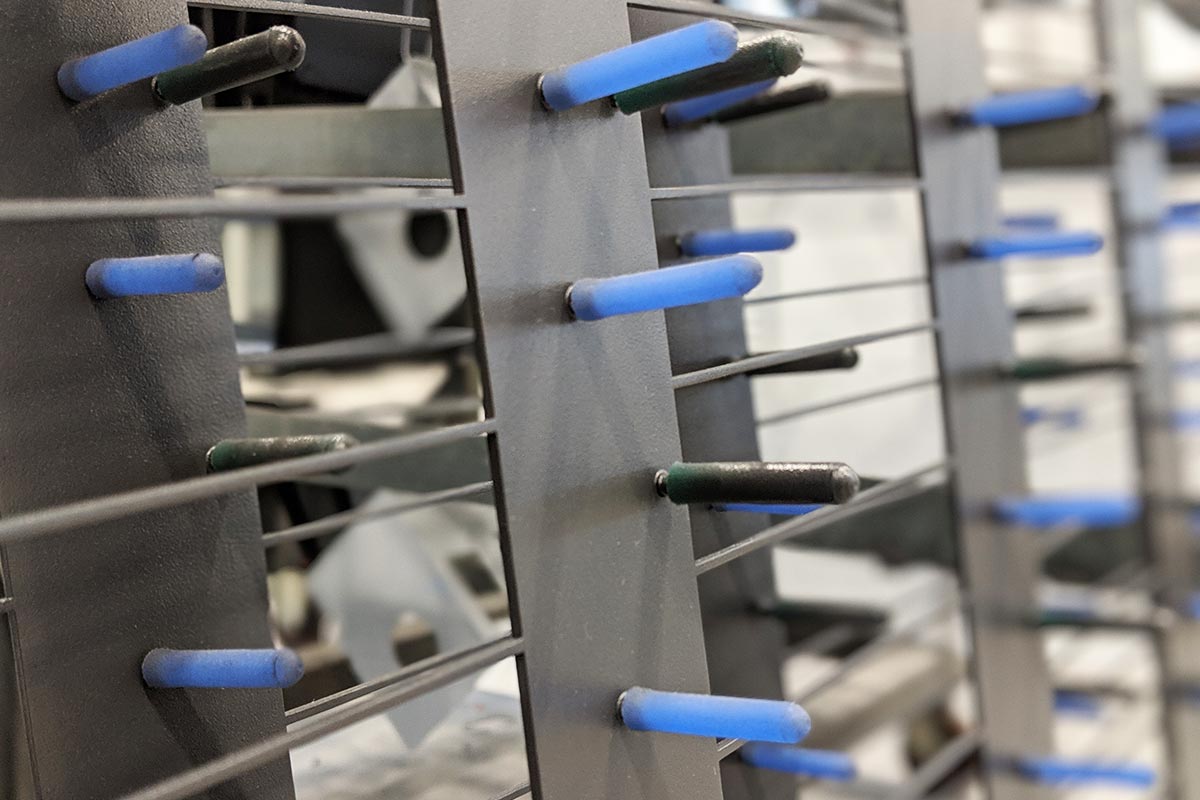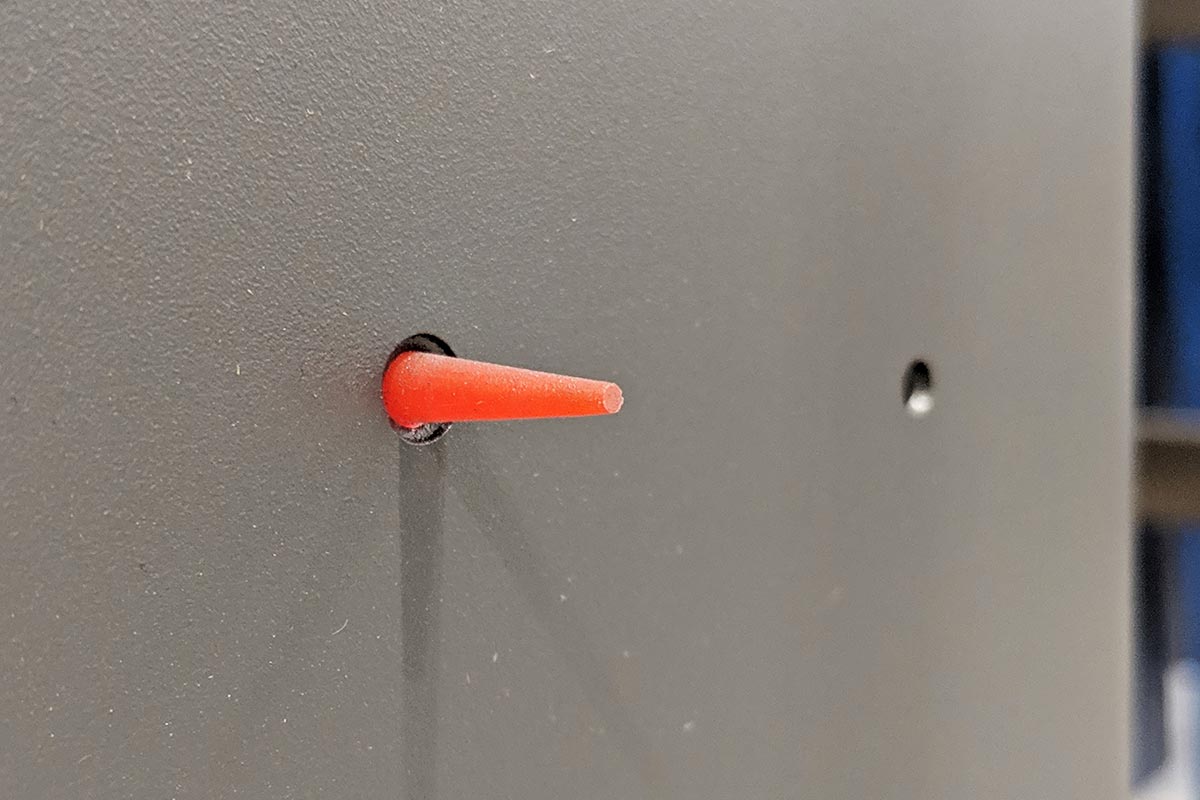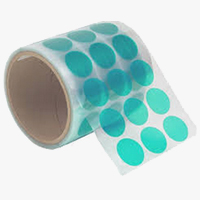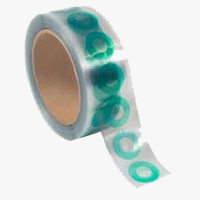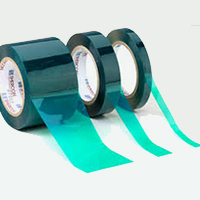 Products & Services
Products & Services
Protocase manufactures fully finished custom electronic enclosures and associated parts from a wide variety of materials and components, in 2-3 days with no minimum order. Protocase also provides expert and affordable enclosure design services.
Masking
Protocase offers full-service masking as a process, in order to keep certain areas of your enclosure, part or panel free from having powdercoat paint or anodized finish applied.
To mask areas of parts, our production team will apply a polyester tape over the areas requiring masking. We can apply rectangular, circular or CNC cut masking profiles.
Why Mask?
Masking offers a few key advantages:
For electrical conductivity: Both powdercoat and anodizing are non-conductive. Because of this, masking is generally employed to ensure electrical conductivity, as the masked areas produce a bare-metal finish where powdercoat or anodizing were not applied. By masking, you will ensure electrical conductivity where you need it. (For example, some clients require EMI efficiency).
For tight tolerances: Powdercoat paint can add 0.003" in thickness to your enclosure or part's cutouts. We recommend factoring in the additional powdercoat thickness when you create your design (for example, when mounting a component that requires a 1" diameter hole on a surface that will be powdercoated, be sure to call out a 1.006" hole diameter). However, for extra insurance that your mounting components will fit properly, you may also require masking.
For gasket surfaces: If you are applying an EMI gasket to your custom enclosure, you may wish to mask off the gasket surface before powdercoat paint is applied.
What Can Be Masked
Masking is possible on most areas, with some common applications:
- → Entire inside of an enclosure
- → Mating surfaces of an enclosure
- → Areas surrounding connector cutouts
- → Areas under electrical components
As a rule, Protocase masks all internal and external fastener threads using silicone caps and plugs. We do not currently offer masking the inside edges of a cutout. As an alternative, you mask both sides of a cutout.
Masking Profiles
We stock a wide variety of masking profiles in discs, donuts and tape:
- • 0.25" (6.35mm) Discs
- • 0.375" (9.525mm) Discs
- • 0.5" (12.7mm) Discs
- • 0.625" (15.875mm) Discs
- • 0.75" (19.05mm) Discs
- • 1.0" (25.4mm) Discs
- • 0.125" (3.175mm) Wide Tape
- • 0.1875" (4.7625mm) Wide Tape
- • 0.25" (6.35mm) Wide Tape
- • 0.375" (9.525mm) Wide Tape
- • 0.5" (12.7mm) Wide Tape
- • 0.625" (15.875mm) Wide Tape
- • 1.0" (25.4mm) Wide Tape
- • 1.5" (38.1mm) Wide Tape
- • 2.0" 50.8mm) Wide Tape
- • 3.0" (76.2mm) Wide Tape
- • 4.0" (101.6mm) Wide Tape
- • 5.0" (127mm) Wide Tape
- • 0.375" (9.525mm) OD
0.1875" (4.7625mm) ID Donuts - • 0.5" (12.7mm) OD
0.1875" (4.7625mm) ID Donuts
If none of our stocked masking tape profiles work for your application, we are able to create CNC cut custom profiles as needed. Contact us to discuss your specific requirements
Limitations
Masking is possible on all of the sheet metal and bar stock that we carry. However, we do not recommend applying masking on cold rolled steel, as the metal's inherent characteristics mean it will corrode quickly without some sort of coating applied.
If you require masking and wish to use cold rolled steel, we recommend choosing galvanneal instead.
Because our masking profiles are typically cut by CNC processes, we are virtually unrestrained in the shape and size of masking that you require. However, we do recommend masked areas be no smaller than 0.125" (3.175mm) in size.
Please note our standard placement tolerance for masking:
| Tolerance | |
|---|---|
| Masking Placement | ± 0.080" | 2.03mm |
For more information about masking, and how we can assist, please email info@protocase.com.

